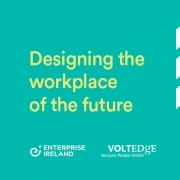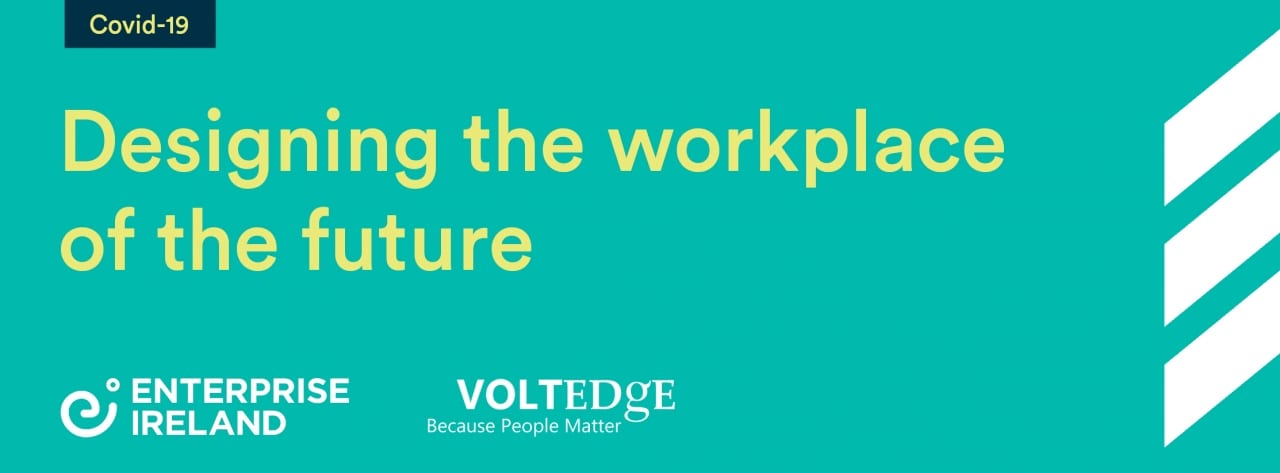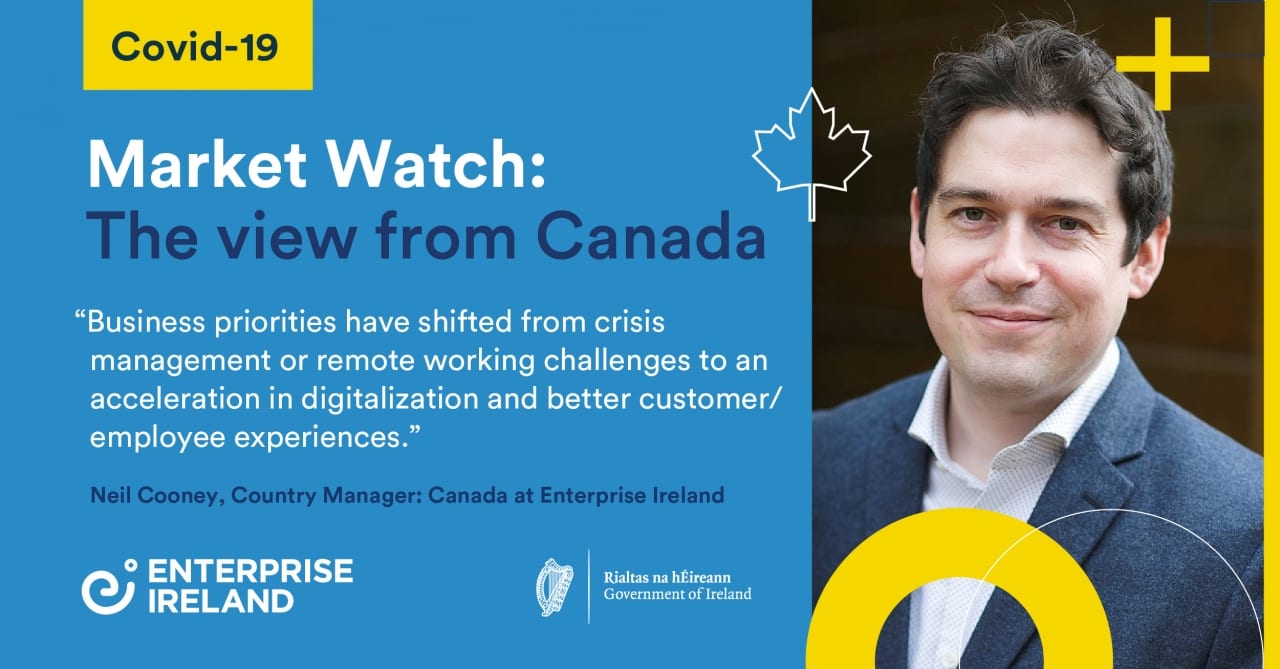As an island nation, the export economy is essential for the health and growth of Irish companies. Our reputation for innovation and entrepreneurship has served us well in that regard, with Irish companies finding huge success in every corner of the world. Key markets such as the UK, the US, France and Germany remain hugely important, but ambitious Irish exporters are exploring other countries that are actively looking for the products and solutions produced by Irish entrepreneurs – and finding a whole new world of opportunity. A region that is growing rapidly in importance for Irish business is the Nordics, an area made up of Sweden, Denmark, Norway, Finland, and Iceland.
Currently, over 450 Enterprise Ireland supported companies export to the Nordics, with exports reaching a remarkable €1.16 billion in 2020. It’s easy to see why this region is so attractive, home to 26 million inhabitants, the Nordic region is the 11th largest economy in the world.
The Nordic market
Irish companies have a strong track record and reputation here, says Eoghan O’Connor, Market Executive, ICT & Start Ups, Enterprise Ireland. “The Nordics are known for being progressive, stable, and open to new technology.”
“As a region that is culturally and geographically close to Ireland, Nordic countries should be considered our home markets and natural partners in terms of trade and business cooperation. English is widely spoken and like Ireland, a huge emphasis is placed on innovation.”
This innovation can be seen in the number of household names from the Nordics. For instance, within the Nordic ecosystem are global companies like H&M, Nokia, Volvo, Maersk, and Ericsson. In addition, outside of Silicon Valley, the Nordics have generated the highest number of unicorns per capita globally, including companies like Spotify, Mojang (creators of Minecraft), Oatly, and Klarna.
“The success of these companies is down to the ecosystem, which is a fertile ground for innovation and entrepreneurship,” explains Eoghan. “Their comprehensive welfare state provides citizens with free education, healthcare, and social security and their public sector provides a strong framework for the ecosystem with opportunities for funding and other supports. There is also a dedicated focus on R&D and in general they are a population of early adopters of new technology.”
“This makes the Nordic region a great starting point for Irish companies looking to establish a foothold in the European markets and scale their businesses internationally from here.”
Success for Irish companies in the Nordics
Already there are several very successful Irish companies in the region, all of which offer clever solutions in several different areas. “These include WAZP, an Enterprise Ireland High Potential Start-Up (HPSU) that specialises in the production of 3D printing materials, which has forged a partnership with IKEA, one of the most globally recognised brands,” says Eoghan.
“In addition, iCabbi, a Dublin cloud-based taxi firm, have a contract with Finnish taxi company Meneva, which has grown its fleet from 100 cars to over 1,500 since joining iCabbi over two years ago.”
A key term in today’s global business world is sustainability, a significant area of growth as we race towards ambitious goals of net zero emissions. The Nordic countries have been long considered leaders in this field, especially in the area of environmentally friendly transport options, such as public scooter schemes.
“Irish companies are playing their part here also,” says Eoghan. “For instance, Luna Technologies, which develops AI tech for the e-scooter market, has partnered with Swedish scooter giant Voi, while Zeus has rolled out scooters in Oslo, Halmstad, and Karlstad.”
Springboard to success
These Irish companies have found huge success in the region – but there’s plenty more opportunity for ambitious Irish exporters who will find an open and welcoming market for their innovative products and solutions. To demonstrate the Irish Advantage to the Nordics, Enterprise Ireland showcased Irish innovation at SLUSH, a global-leading event for start-ups and the largest of its kind in the Nordics, which took place in December 2021 in Helsinki.
The event is considered a hotbed of start-up talent; the sold-out 2021 event attracted 8,000 attendees, over 3,200 start-up founders, and 1,500 investors, all of whom travelled from every part of the world. Irish attendees included seven companies, some already successful in the region along with some newcomers that have compelling offerings for this market
These included Boundless (B2B SaaS technology), MyPatientSpace (life sciences), Educatly (higher education), PlantQuest (oil & gas and data centres), Zeus (transport and mobility), Social Talent (learning and development), and Tito (events & ticketing).
The event acted as a springboard for Irish companies looking to expand their offerings in this prosperous region, keen to avail of the positives of trading in an area that values innovation, flexible working relationships and timely solutions to the issues that really matter in today’s world – everything that Irish enterprise is revered for.
If you’re interested in exporting to the Nordics, contact the Enterprise Ireland Nordics team.

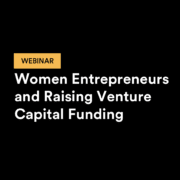
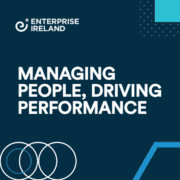


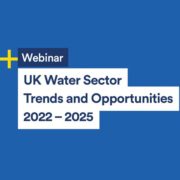


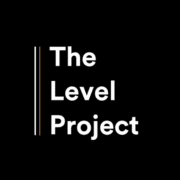
 The Level Project has its origins in
The Level Project has its origins in  However, achieving gender balance is very much a long-term plan for a lot of companies, especially those in industries that are traditionally male dominated. For example, Shannon-based
However, achieving gender balance is very much a long-term plan for a lot of companies, especially those in industries that are traditionally male dominated. For example, Shannon-based 